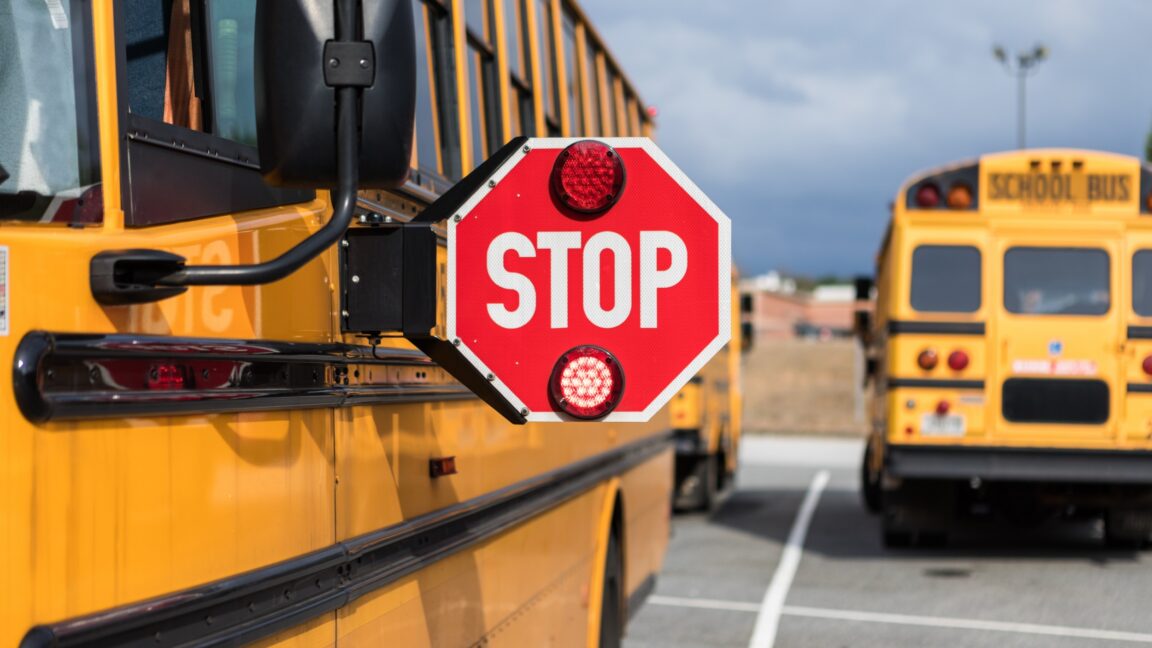
The FCC votes were criticized by advocacy groups. “Students who rely on long bus rides to complete assignments and library patrons who depend on hotspots for work, education, or telehealth will suddenly lose access to essential tools. This decision is a step backward,” said Joseph Wender, executive director of the Schools, Health & Libraries Broadband Coalition.
“Chairman Carr’s cruel move to delete our kids’ Internet connections won’t make America smarter,” said Revati Prasad, executive director of the Benton Institute for Broadband & Society. The FCC “openly voted to snatch back the opportunity to offer more Americans, especially in rural areas, the high-speed Internet access to do the business of life online—pay bills, make telehealth appointments, fill out school applications—after the library closes,” American Library Association President Sam Helmick said.
The advocacy groups said that in New Mexico, “Farmington Municipal Schools equipped its 90 buses with Wi-Fi, serving over 6,500 students daily. Parents reported that children returned home with homework already completed.” In Ohio, “the Brown County Public Library’s hotspot program allowed homeschool families to join virtual classes, entrepreneurs to run mobile businesses, and veterans to participate in telehealth appointments and certification testing.”
Helmick said the library association is also “discouraged by the lack of due process, which left no opportunity for staff, patrons and library advocates to give input on the draft order.” Gomez similarly criticized the process, saying the FCC didn’t release the draft order until after the deadline for interested parties to meet with commissioners’ offices.
Gomez: Programs weren’t illegal
Gomez disputed Carr’s legal argument, saying that “Congress gave the FCC permission to expand the applications of E-Rate funding as the technologies used to educate children evolve.” She pointed out that the Universal Service law says the FCC may designate additional services for support. Gomez continued:
When the E-Rate program was implemented, dial-up Internet was the standard, and today, September 30th, 2025, AOL is discontinuing dial-up service. It is safe to say the landscape of communications technology has changed dramatically throughout the life of the E-Rate program. As underscored during my visit to the High School for Environmental Studies in New York a couple of weeks ago, students are now using Chromebooks in classrooms on a regular basis, and they are expected to submit homework assignments online using platforms like Google classroom. These changes are made possible with support from E-Rate funding.
Gomez said that in 2003, under President George W. Bush, the FCC “expanded E-Rate support to cover Internet access for bookmobiles. It also clarified that E-Rate funding could cover a school bus driver’s use of wireless services while transporting students, a librarian’s use of wireless services on a library’s mobile library unit van, and teachers’ use of wireless services while accompanying students on a field trip. Expanding E-Rate support to cover hotspots and Wi-Fi on school buses was consistent with that precedent.”